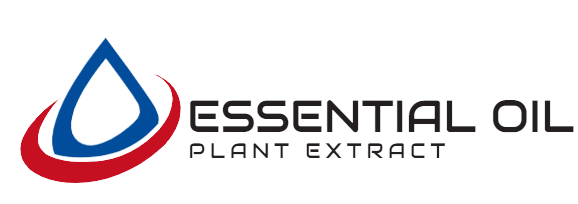These underlying factors are the “”unseen wounds”” that drive individuals towards self-destructive behaviors. To achieve true healing, it’s imperative to delve into these root causes. Holistic approaches emphasize therapies such as mindfulness, meditation, yoga, and art therapy to help individuals connect with their inner selves, explore their emotions, and find healthier ways to cope. Mindfulness and meditation, integral components of holistic treatment, enable individuals to become more aware of their thoughts, emotions, and triggers. By learning to observe without judgment, individuals can develop better self-control and emotional regulation. These practices also encourage a sense of present-moment awareness, helping break the cycle of dwelling on past traumas or worrying about an uncertain future—both of which can contribute to addictive behaviors. Physical wellness is equally important in holistic addiction treatment.
Regular exercise, nutritious diets, and adequate sleep not only contribute to overall well-being but also aid in recovery by enhancing mood, reducing cravings, and improving cognitive function. Integrating these elements into treatment plans fosters a sense of self-care and self-respect, essential for rebuilding a positive self-image that may have been shattered by addiction. Holistic approaches also embrace alternative therapies like acupuncture, biofeedback, and equine therapy, recognizing that different methods resonate with different individuals. These therapies offer non-traditional ways to address the emotional and Treatment Goals Unveiled psychological aspects of addiction, catering to a diverse range of preferences and needs. Incorporating holistic approaches into addiction treatment doesn’t negate the importance of medical and psychological interventions. Rather, it enhances their effectiveness by addressing the comprehensive needs of the individual. By healing the unseen wounds—those emotional, psychological, and spiritual aspects that drive addiction—holistic approaches provide a more well-rounded and sustainable path to recovery.
In conclusion, addiction is not solely a physical ailment; it’s a condition deeply entwined with emotional and psychological struggles. Holistic addiction treatment recognizes this interconnectedness and offers a more inclusive approach to healing. By combining traditional therapies with mindfulness, physical wellness, and alternative treatments, holistic approaches empower individuals to mend their unseen wounds, fostering lasting recovery and a renewed sense of self.” Addiction, a complex and pervasive challenge, has the power to unravel lives, families, and communities. Yet, in the face of this adversity, there exists a beacon of hope: evidence-based treatment approaches that provide not only recovery from addiction but also a path towards healing and a brighter future. Traditional notions of addiction often portrayed it as a moral failing or a lack of willpower. However, the field of addiction treatment has evolved significantly, recognizing addiction as a chronic brain disorder rather than a simple choice.

